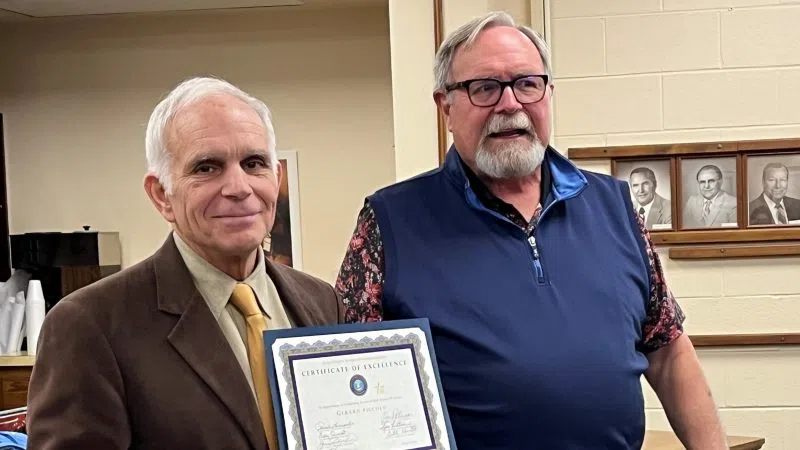
SergPoznanskiy / Depositphotos.com
KEARNEY, GRAND ISLAND — Nebraska’s state probation system has selected Omaha, Kearney, and Grand Island to pilot a new project aimed at improving outcomes for “emerging adults” aged 18 to 25.
This age group, according to national statistics, is overrepresented in the criminal justice system and has the highest failure rates of any age group on community supervision.
Starting Jan. 1, 2025, probationers aged 18 to 25 in these three targeted communities will work with specialized probation officers. These officers are trained in brain development, trauma-informed care, and supporting individuals from diverse backgrounds.
Project leaders will identify key experiences young adults may still need, such as guidance toward a new career or pursuing higher education. Officers will use an emerging adult framework developed by Columbia University, which incorporates a foundational understanding of brain development to better support this age group. A trauma-informed approach will also be central to their supervision strategies.
Eric Maly, Nebraska’s Adult Probation Field Services Director, emphasized the importance of this initiative for young people transitioning into adulthood, stating: “In 2025, a young person’s healthy transition to being a productive community member depends more and more on the opportunities and support systems they have in place. In part due to social media and other advances in technology, many of the adult milestones are occurring later in life for the current generation.”
The goal of this pilot is for probation officers to help young adults succeed in navigating their probation while connecting them with community providers that can assist in pursuing their educational and vocational goals.
Key partners in this pilot include Omaha’s RISE Prison Re-Entry Program, Project Restore Minnesota, the National Center for State Courts, and the Annie E. Casey Foundation.
Maly highlighted the project’s dual focus on strengthening community safety and supporting young people’s growth, stating: “We look forward to this opportunity to build up young adults’ strengths and connect them to local resources, which we anticipate will promote a preventive approach to enhancing public safety.”









